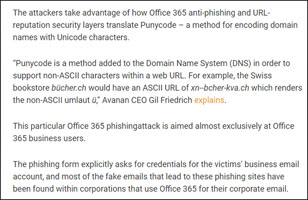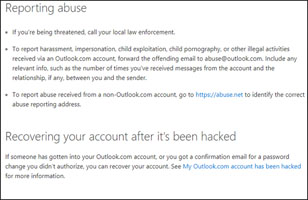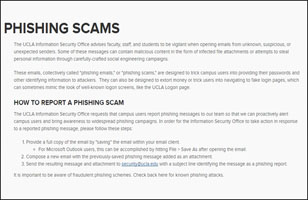Phishing Office
Phishing Office
Scams related to phishing emails are gradually increasing, even though authorities are taking action against the perpetrators. It is becoming a challenging task for both the police force and FBI officials to arrest these scammers, as they target innocent individuals from developing countries such as Africa. People who receive suspicious emails from unknown senders should immediately report them to government authorities. Phishing scams are gaining momentum, and hundreds of offices across the USA are receiving fraudulent emails. Scammers send attachments or links designed to extract personal and financial information from office executives.
Phishing emails crafted by criminals often appear highly formal and lack grammatical errors. Scammers will send deceptive messages, such as:
"We observe that your computer system is extremely slow, and the PC is suffering from file errors. To fix the issue, please click the link below and download the diagnostic test tool free of charge."
If the recipient downloads or clicks the link, scammers steal the IP address, domain certificates, and other critical data from the computer. Another common phishing scam includes emails stating:
"We observe that a new virus, namely SLEEK25, has entered your computer system and is damaging your important files. To revalidate and upgrade your spam version, please provide your user ID and password."
If office executives respond with their credentials, scammers hijack sensitive data from the computer system.

Phishing mails will look as if it is being sent by legitimate organization or individuals and the innocent people will not be able to sense the fraudulent approach at first site and only close observation will reveal that the mail is from the scamming world. Offices those who use computers round the clock should protect their important terminals and servers with antivirus software. IRS, FBI and other government authorities have warned the individuals and companies about the seriousness of phishing mails and have also advised the people to protect their important data properly.
Phishing attacks targeting offices are deceitful schemes where cybercriminals impersonate trusted entities, often through emails or messages, to trick employees into revealing sensitive information or performing harmful actions. These scams prey on human psychology and the trust individuals place in their workplace communications. The perpetrators often masquerade as familiar colleagues, supervisors, or official organizations, using sophisticated tactics to create convincing and legitimate-looking messages. These deceptive communications typically contain urgent requests for sensitive information like passwords, account details, or financial data. They may also contain malicious links or attachments designed to install malware or direct victims to fake login pages. Once unsuspecting employees provide this information, cybercriminals gain unauthorized access to sensitive company systems and data.
- Permanently delete the phishing mails from the mail folder and thrash
- Never part sensitive information like financial and banking details to the third persons or scammers
- Escalate the matter to the police and cyber cell.
- Check whether other offices are also receiving these types of mails and caution those companies.
- Never encourage the scammers by replying or communicating through phones.




